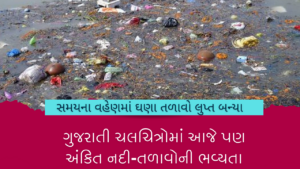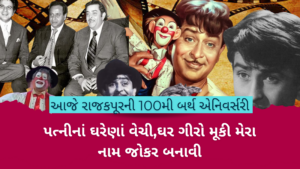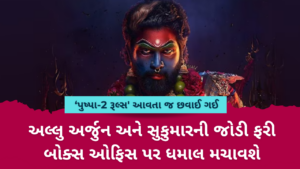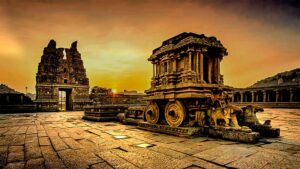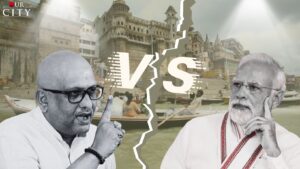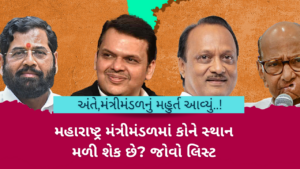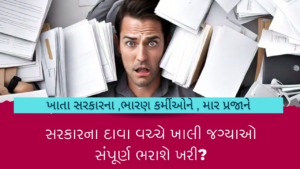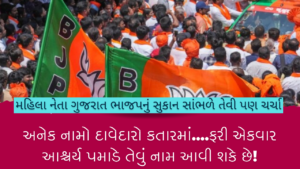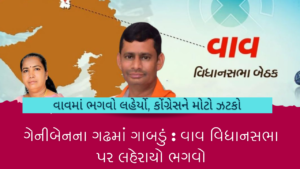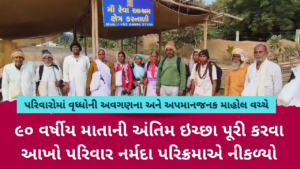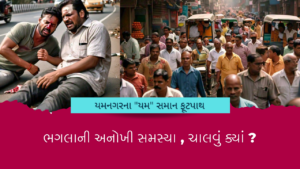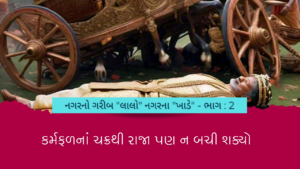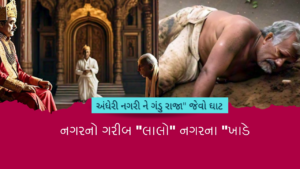The renowned Indian playback singer, Kishore Kumar would have turned 94 today had he been alive. He is one of India’s most celebrated performers, also known by his birth name; Abhas Kumar Ganguly. Popular as ‘Kishore Da,’ he was a playback vocalist, music director, songwriter, screenwriter, producer, film director, and even an actor.
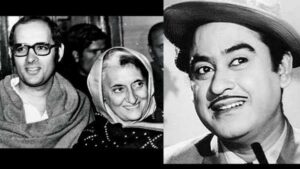 Kishore Kumar is also remembered with regard to resisting the tyranny instituted by Indira Gandhi, during the emergency in 1975. Only handful of them stood up against the government of Indira Gandhi; one of them was Kishore Kumar. Many had bowed to the pressure of Gandhis’ regime, but Kishore Da did not succumb to it.
Kishore Kumar is also remembered with regard to resisting the tyranny instituted by Indira Gandhi, during the emergency in 1975. Only handful of them stood up against the government of Indira Gandhi; one of them was Kishore Kumar. Many had bowed to the pressure of Gandhis’ regime, but Kishore Da did not succumb to it.
As a result, he was barred from India’s state-owned broadcasters Doordarshan and Akashvani, bearing the brunt of Indira Gandhi’s contempt. The only broadcast alternatives for artists at the time were Doordarshan and Akashvani, and a ban by either of them was devastating for an artist.
Kishore Da’s audacity to reject the government’s order
According to a story in the Times of India, VC Shukla, the then-Information and Broadcasting (I&B) Minister and a close adviser to the then-Prime Minister Indira Gandhi, wanted Bollywood to promote the 20-point programme on All India Radio (AIR) and Doordarshan a few days after she had proclaimed Emergency.
Top filmmakers were contacted by the I&B Minister to see how they may ‘co-operate’ in spreading the propaganda in favour of the government. Shukla’s calls to Kishore Kumar, a well-known opponent of the Indira Gandhi administration, went unanswered. A few days later, CB Jain, the I&B joint secretary at the time, called Kishore Kumar to let him know that the government wished to meet him at his house.
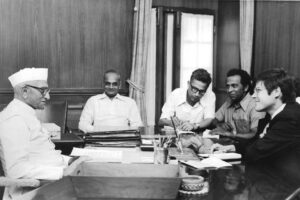 Incongruously, Kishore Kumar declined to speak with Indira Gandhi’s assistants, claiming his doctor had instructed him not to since he was having cardiac problems. According to the Shah Commission’s report, which was constituted by the Morarji Desai-led Janata Party administration to look into Emergency excesses, Kishore Kumar said Jain that “in any case” he did not want to sing for radio or television.
Incongruously, Kishore Kumar declined to speak with Indira Gandhi’s assistants, claiming his doctor had instructed him not to since he was having cardiac problems. According to the Shah Commission’s report, which was constituted by the Morarji Desai-led Janata Party administration to look into Emergency excesses, Kishore Kumar said Jain that “in any case” he did not want to sing for radio or television.
Banned from AIR and Doordarshan
Jain was outraged by this and told his boss, I&B secretary; SMH Burney that the singer’s unwillingness to meet him was “grossly discourteous”. Kishore Kumar’s actions infuriated the I&B Ministry, which also put the films he was acting in for “further action” and halted sales of his gramophone records. They also prohibited his songs from being telecast on AIR and Doordarshan.
The Congress government’s attempt to silence Kishore Kumar and other eminent musicians was successful. Finally, he had to express his willingness to cooperate in a letter to the government dated July 14, 1976. As Kishore Da complied with the demands of the Congress party, the I&B ministry remarked that, depending on the extent of the singer’s cooperation, they might lift the ban.
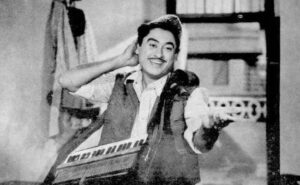 The Shah panel further disclosed that the I&B secretary had later noted that the move had a “tangible effect on film producers” and that it was not just intended to punish Kishore Kumar but also to use him as a tool to intimidate others.
The Shah panel further disclosed that the I&B secretary had later noted that the move had a “tangible effect on film producers” and that it was not just intended to punish Kishore Kumar but also to use him as a tool to intimidate others.
It’s interesting to note that Shukla eventually acknowledged his error in front of the Shah panel, taking full responsibility for the “regrettable episode” and asserting that “no officer should be held accountable.” The event, according to retired SC Chief Justice JC Shah, was “shocking” because “a person should be treated in this manner for not falling in line.”
The Indira Gandhi administration’s conduct was described as “a clear case of vindictiveness… against a film artiste of renown” by the Shah Commission.






